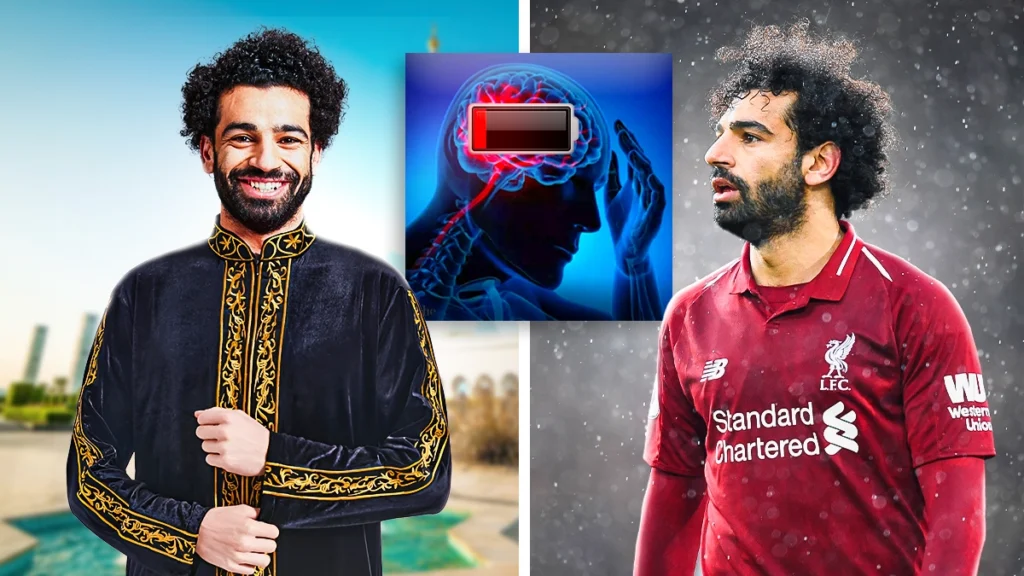Footballers Who Fast During Ramadan: Ramadan is a month-long spiritual journey for Muslims worldwide, marked by self-reflection and increased devotion. They fast from sunrise to sunset and keep themselves away from sinful acts, as it teaches them self-control, sacrifice, and empathy. Muslim footballers also observe Ramadan as part of their faith, even though it may impact their performance, which some clubs may discourage. But still, top leagues have found a way to accommodate them.
So, what happens to Footballers Who Fast During Ramadan? And how do they manage to remain at the top level of their performance?

It is noteworthy that around one-third of the world’s population is Muslim, and as such, it comes as no surprise that some of the most exceptional footballers in the world are adherents of this faith. Mohamed Salah is an eminent sports icon both on and off the field in Egypt and at Liverpool.
Notably, Paul Pogba and Karim Benzema have secured some of the most significant football trophies globally, while Riyad Mahrez achieved everything he could before leaving Manchester City. These highly-regarded Muslim players have all managed to maintain their peak performance during the holy month of Ramadan, deftly adjusting their daily routines to suit its demands.
Shop quality jerseys at Goal90.shop
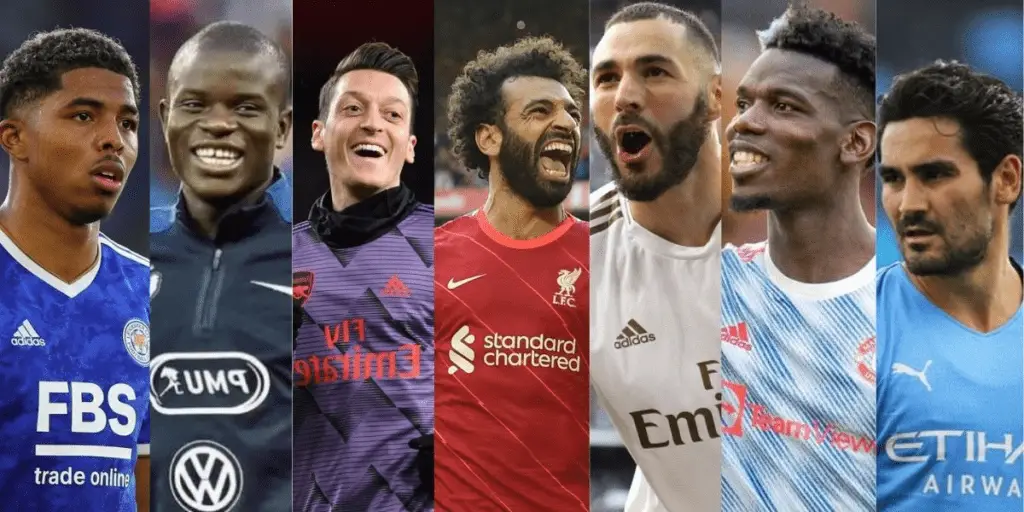
But Ramadan poses a unique set of challenges for Muslim athletes, from modifying their diets to managing their hydration needs. Getting sufficient rest is also critical for sports stars, especially with the rigorous schedules associated with top football leagues worldwide. Epidemiologist Abdulaziz Farooq told that: 80% of Muslim athletes reported that their endurance is reduced, 70% said their mental concentration suffered and 60% believed their sleep quality would lessen during the month while fasting. But this can be averted through smart planning.
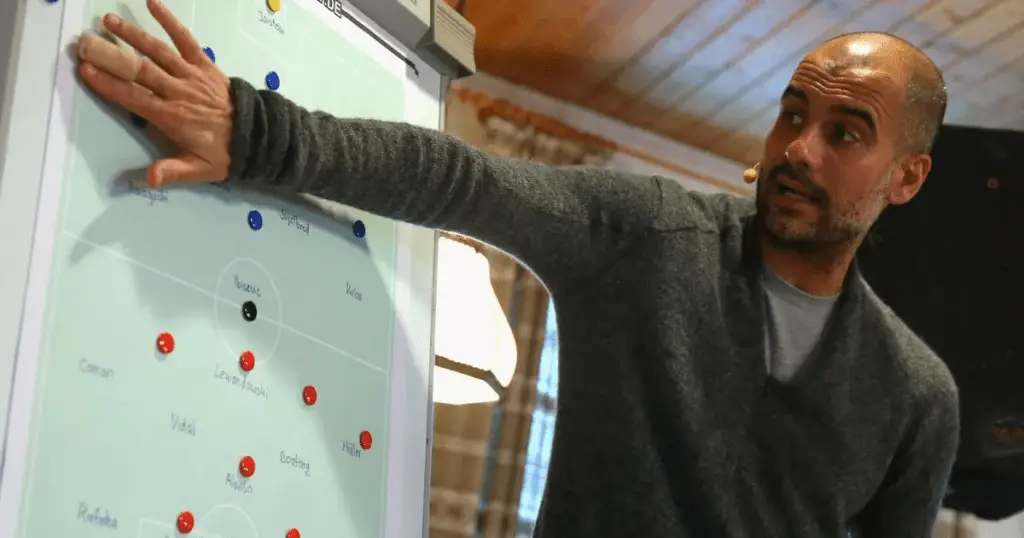
Football managers and coaches can mitigate these effects by being more flexible with training schedules and monitoring players’ recovery, mood, and motivation. By doing so, they can help their players maintain their peak performance levels, even during the holy month. And sometimes, help from teammates can also work as in this case.
During a World Cup friendly football match between Tunisia and Portugal, the goalkeeper, 23-year-old Mouez Hassen, displayed remarkable gamesmanship when he appeared to fake an injury on two separate occasions, allowing his tired teammates to break their fast with snacks and drinks at sundown, known as Iftar meal.
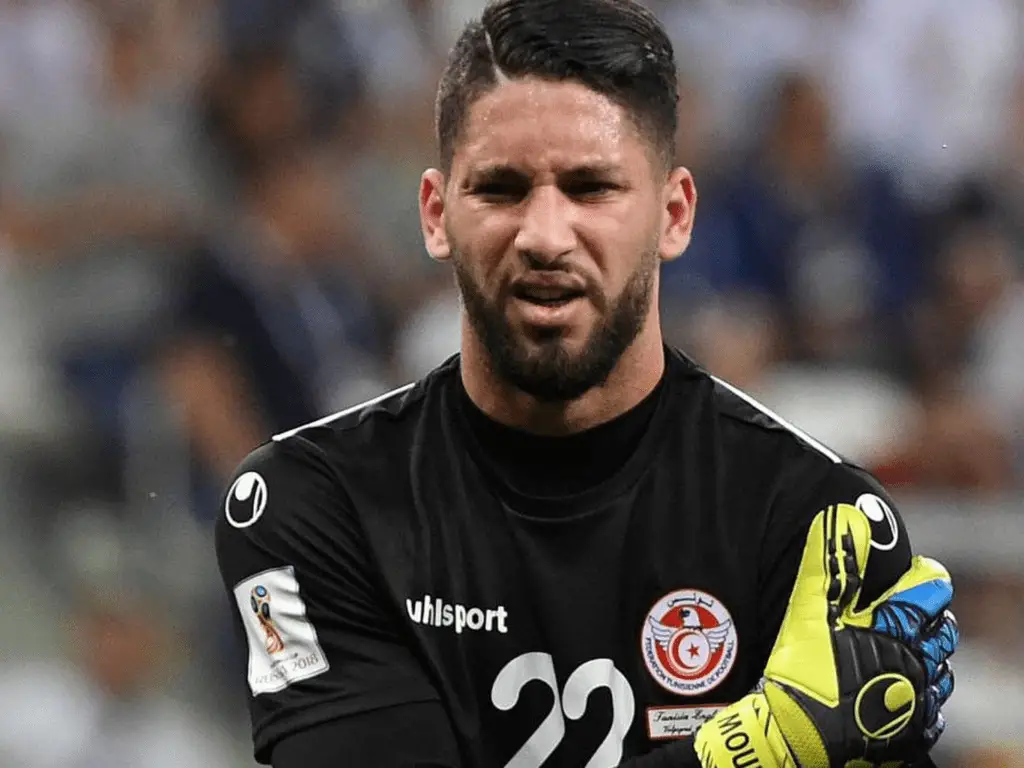
As Hassen lay on the field to receive medical treatment, his teammates were seen eating dates and drinking water on the sidelines, re-energizing themselves. The team, which was down 2-1 before Iftar, managed to score an equalizer six minutes later. Days later, during a friendly match against Turkey, the goalkeeper again lay on the field, allowing his teammates to replenish their energy with dates and water on the sidelines. Hassen’s selfless acts not only demonstrate the importance of brotherhood and support among teammates but also show the determination of Muslim athletes to perform at the highest level, during Ramadan.
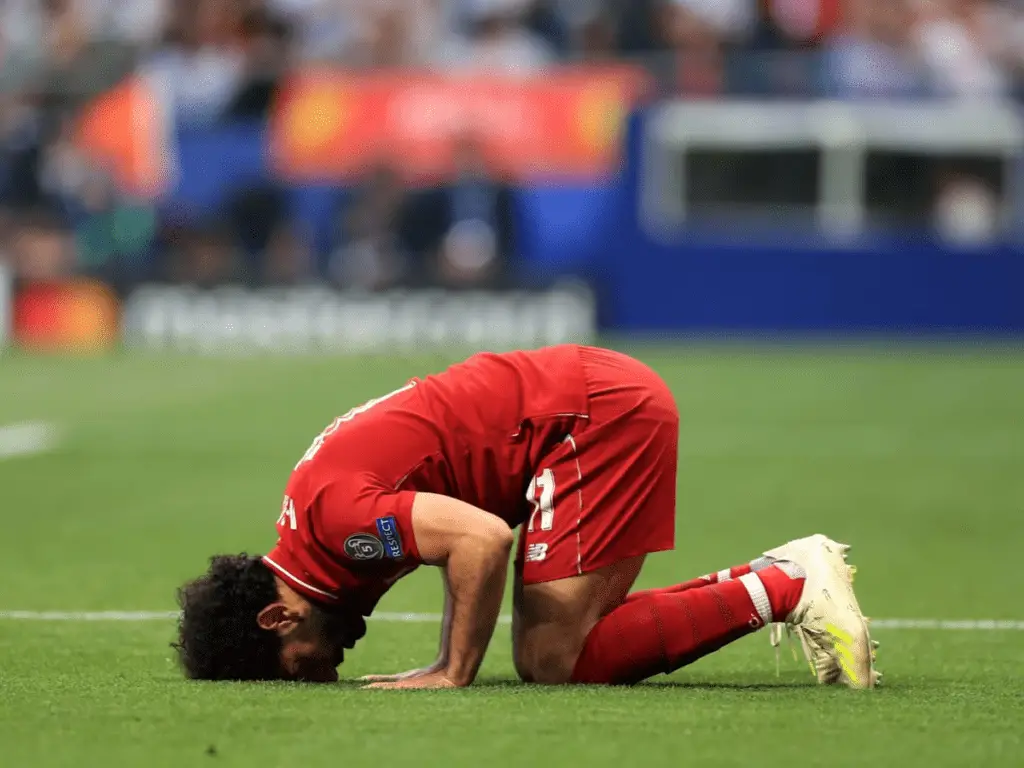
And once again this year, many of the UK’s top footballers, including Mohamed Salah, and many others, will be observing the month-long fast. As a result, they will refrain from eating or drinking during daylight hours, which could pose a challenge for those playing in evening matches. But thanks to Premier League and EFL officials, the effects can be lowered.

Refereeing bodies have now issued guidance to match officials to allow for a natural pause in play, enabling players to break their fast by taking on liquids or energy supplements. Additionally, officials have been advised to identify any players who may need to break their fast during the game and to agree on a rough time for this to occur. But this isn’t the first time, the Premier League has witnessed such levels of generosity.
Three years ago, Leicester City’s match with Crystal Palace made Premier League history when it was paused mid-game to allow players to break their fast during Ramadan. Both clubs agreed pre-match with referee Graham Scott to pause the game and enable Wesley Fofana and Cheikhou Kouyate to break their fast.
Goalkeeper Vicente Guiata delayed taking a goal kick to allow Fofana and Kouyate to take energy gels at the side of the pitch. Fofana later expressed his gratitude on social media, thanking Guiata, Palace, and the Premier League for their understanding and support, saying “That’s what makes football wonderful.”
Honestly, that’s absolutely true. The game is such a good unifyer that it accommodates everyone regardless of religion, race, or color. Ramadan might be tough for the players who would fast during day matches. But with slight innovation and managing schedules, its effects can be lowered.

